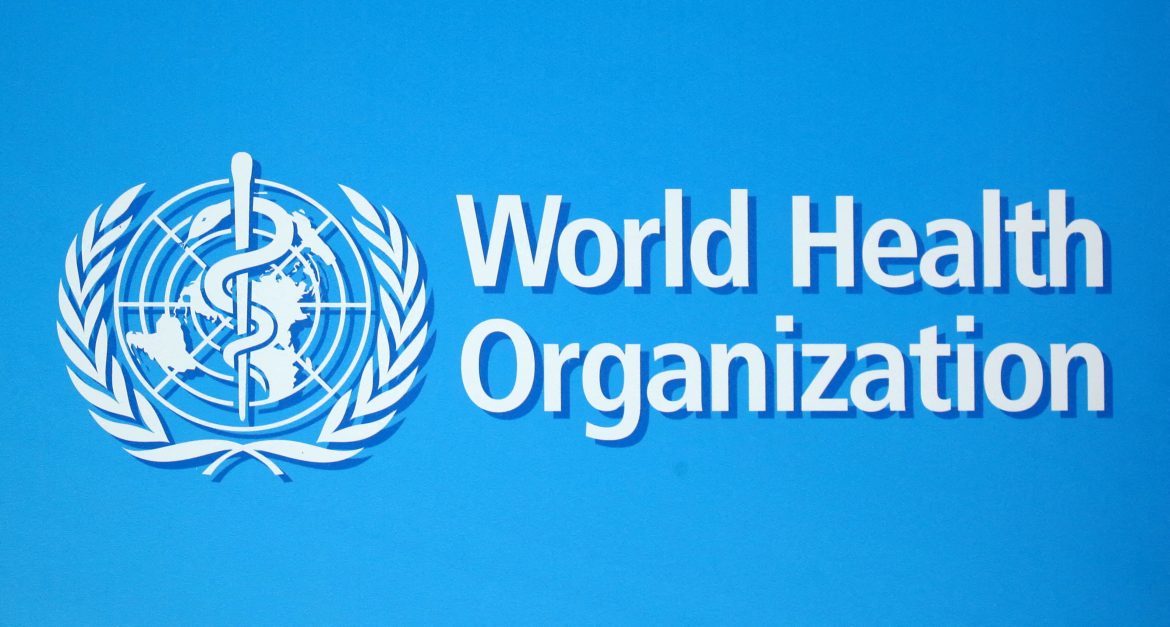By Muhammad Amaan
The World Health Organisation (WHO) has urged African countries to take urgent and sustained measures to confront the growing diabetes crisis threatening millions of lives across the continent.
WHO Regional Director for Africa, Dr Mohamed Janabi, made the call in a message marking 2025 World Diabetes Day, themed “Diabetes Across Life Stages,” highlighting its growing public health implications.
He warned that Africa faced an unprecedented surge in diabetes cases, driven by changing lifestyles, rising obesity rates, and limited access to preventive and primary healthcare services across many countries.
Dr Janabi said the magnitude and speed of the trend demanded urgent, coordinated, and sustained government action, stressing that the diabetes burden was growing faster in Africa than in any other region.
According to him, the 2025 theme emphasises the need for tailored interventions to address unique challenges experienced at different stages of life, from childhood to adulthood and into older age.
Janabi disclosed that more than 24 million adults aged 20–79 were currently living with diabetes in Africa, a figure projected to more than double to 60 million by 2050 if unchecked.
He said nearly half of those living with diabetes remained undiagnosed, exposing them to severe complications, disabilities, and premature deaths that could otherwise be prevented through timely diagnosis and care.
“Diabetes damages the heart, kidneys, eyes, and nerves, profoundly impacting individuals, families, and entire communities,” he said, underscoring the urgent need for accessible and continuous medical support.
“Health systems must be resilient, adequately resourced, and well-organised to provide continuous care, from prevention and early diagnosis to effective treatment and life-long management,” Janabi added.
He noted that African member states had endorsed a regional framework for implementing the Global Diabetes Compact, reaffirming their commitment to equitable and comprehensive care across all populations.
Janabi cited Ghana and Uganda as examples of countries integrating diabetes and cardiovascular care into primary health services, supported by WHO through technical and operational assistance programmes.
He said WHO’s PEN and PEN-Plus packages were expanding access to cost-effective, quality care for chronic diseases, especially at the primary and district healthcare levels.
“Sustained financing, reliable medical supply chains, and strong referral and data systems are critical to maintaining momentum and ensuring equitable access for all communities,” Janabi stated.
He explained that early detection, healthy lifestyles, and proper management could prevent or delay the onset of diabetes, enabling millions to live longer, healthier, and more productive lives.
“The goal is to empower people with diabetes to live well at every stage of life, from children to older adults, through continuous education, treatment, and community support,” he said.
Dr Janabi further urged governments to strengthen health governance, boost financing for noncommunicable diseases, and integrate diabetes prevention and management into national development and health strategies.
He emphasised that policies promoting healthy diets, physical activity, and reduced consumption of unhealthy foods were vital to curbing the increasing number of new diabetes cases across Africa.
Janabi called on African nations to reaffirm their commitment to ensuring that every person living with diabetes enjoyed a healthy, dignified, and fulfilling life at every age.




